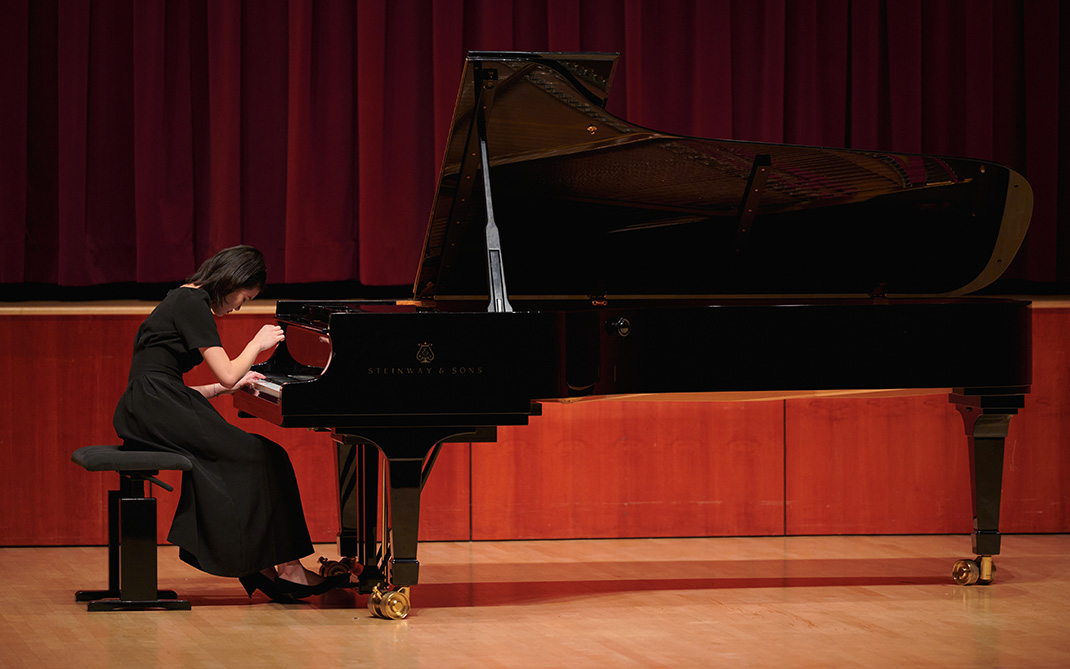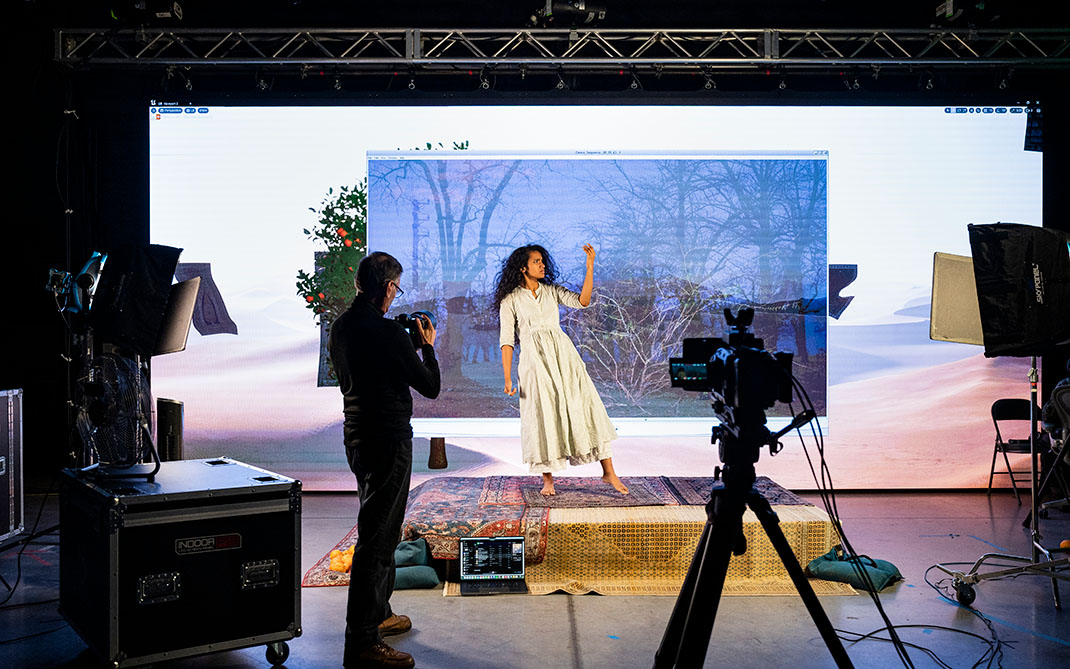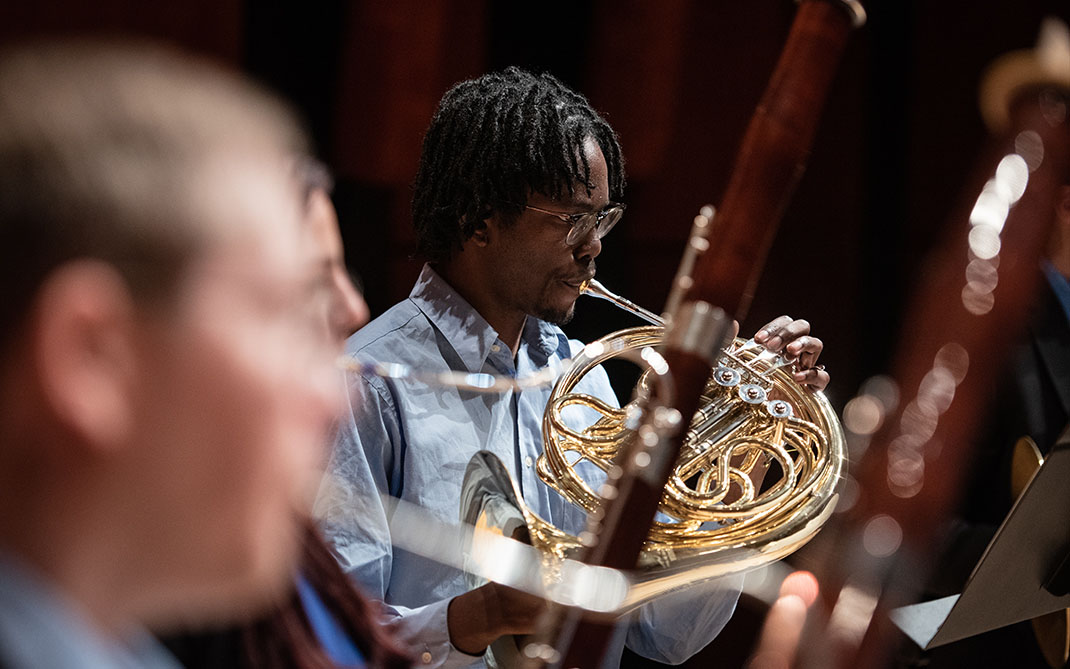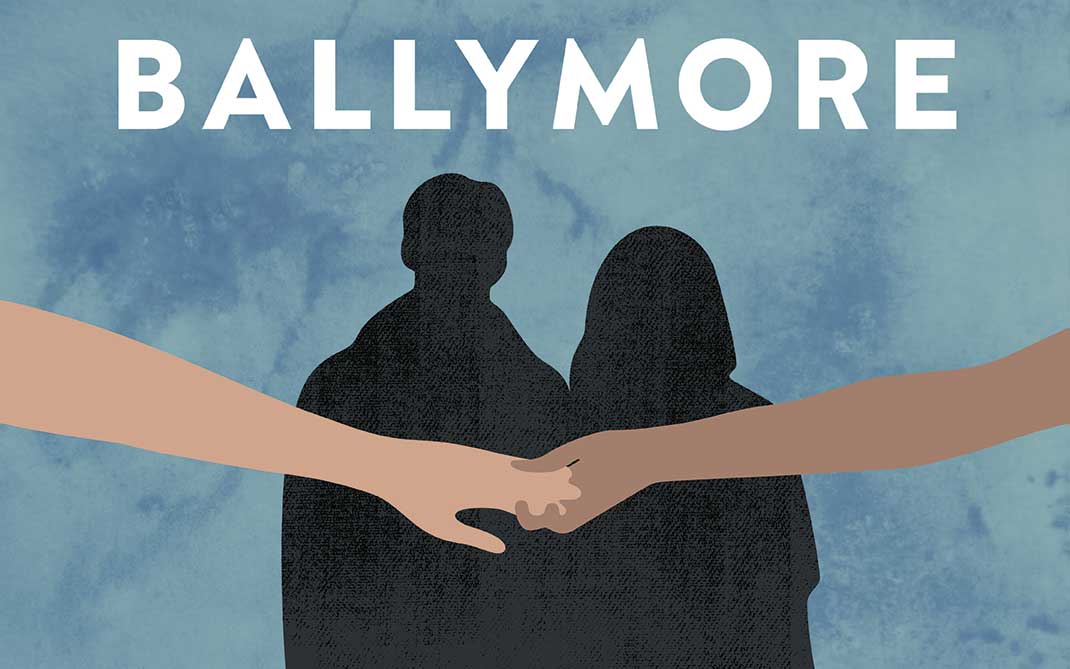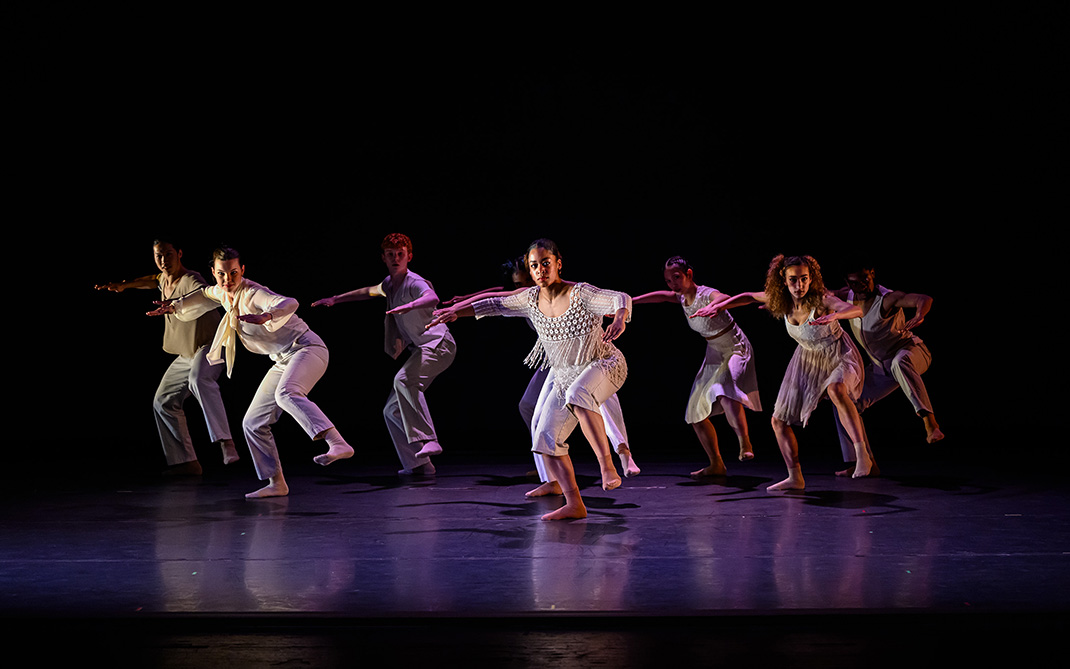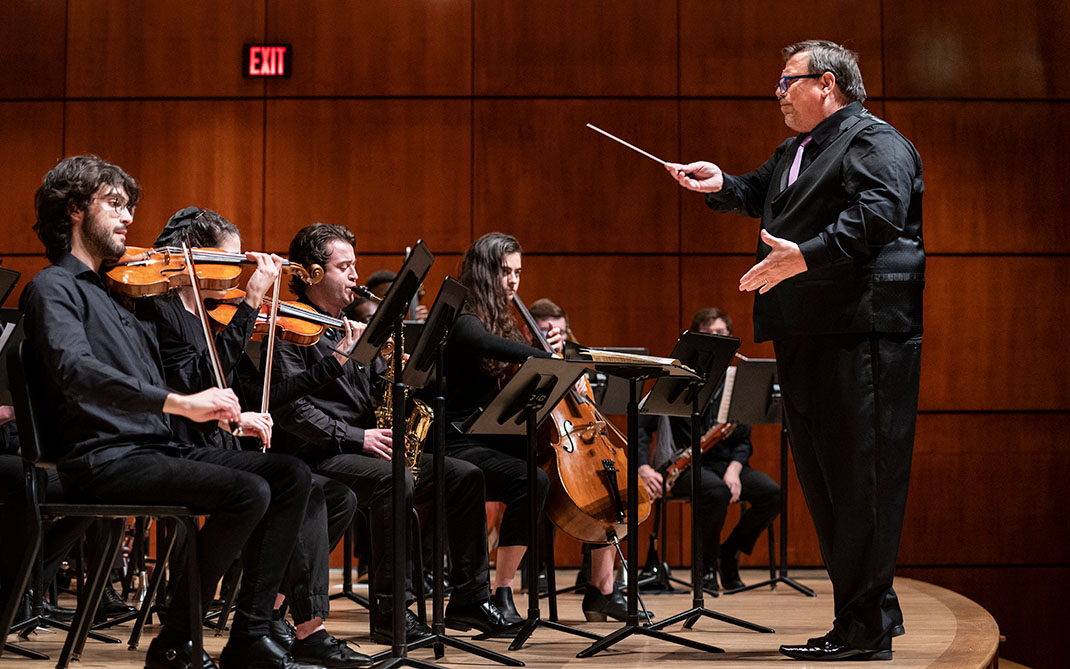Uniquely UNCSA: Chancellor’s initiative promotes intellectual property rights
Chancellor Brian Cole has a message for emerging artists at UNCSA: your work has value.
“So much creative content emerges on our campus every single day by students, faculty and staff,” Chancellor Cole says. “Much of that content is great and some of it not so much, but it all has value. You can’t always ascribe or determine what that value is right away. Some of it will develop a market over time as the artist revises and refines it.”
“If you own what you create, you own the value of that work,” he adds, stressing that students must be taught about intellectual property rights. “It is what can be expected of a conservatory education,” he says. “UNCSA should leverage its resources to help alumni and faculty advance their creative work and intellectual property.”
Understanding intellectual property
Intellectual property is defined as a work or invention that is the result of creativity – a musical composition, a recording of a song, a film or video project, poetry, a drama script or screenplay, or a work of visual art such as a painting, photograph or sculpture. Chancellor Cole points out it can also include choreography, dance techniques, design, or a process or tool for creating sets or scenery or costumes.
These creative works or inventions are protected by copyright, patent and trademark laws which are meant to ensure that artists retain ownership of their work and benefit from its value. Popular culture is teeming with examples of artists who have sued or been sued for violations of intellectual property rights.
Recently, British singer-songwriter Ed Sheeran prevailed in a lawsuit claiming that his hit song “Thinking Out Loud” copied elements of Marvin Gaye’s “Let’s Get It On.” A federal judge ruled that “the combination of chord progression and harmonic rhythm in Gaye’s song was a basic musical building block” and therefore not protected by copyright law.
Multigenre singer-songwriter Taylor Swift signed her first music label contract in 2005 with Big Machine Records. The contract gave her ownership of the music and lyrics of her songs, but the label had ownership of the master recordings. When Swift moved labels in 2018, Big Machine Records sold her masters for $300 million; the global superstar didn’t receive a penny. Swift famously re-recorded the songs as “Taylor’s Version,” securing the rights – and the value – of her intellectual property.

Taylor Swift's sixth studio album "Reputation" has yet to be re-released as "Taylor's Version." / Photo: Raphael Lovaski
Artists outside of the music industry have also gone to battle for intellectual property rights. This year the Supreme Court ruled against the Andy Warhol Foundation which claimed the artist had not violated a photographer’s copyright when he used one of her photographs to create images of the late musical icon Prince. The foundation claimed that Warhol sufficiently transformed the photograph and did not infringe on intellectual property rights. Justice Sonia Sotomayor wrote “original works … are entitled to copyright protection, even against famous artists.”
Hollywood screenwriters, actors and authors claim their intellectual property is threatened by artificial intelligence tools like Open AI’s Chat GPT, which mimic their writing style, performances and even physical appearance. In September 2023, 17 popular authors filed a lawsuit against AI for “systematic theft on a massive scale” of their copyrighted books.
“If AI is used to imitate creative work by humans, how do you track that?” Chancellor Cole asks. “How does an artist retain ownership of their work and its value? These are important discussions that are going on and will continue.”
UNCSA Media protects ownership rights of artists
Driven by his commitment to safeguard intellectual property rights, Chancellor Cole conceived UNCSA Media, a unique mission-driven recording label that features the creative projects of UNCSA faculty and alumni across all disciplines.

UNCSA launched its recording label in September with “Windows,” featuring School of Music faculty performing works by contemporary composers.
“I don’t know of any conservatory that’s doing it the way we are,” Chancellor Cole says. “There are student record labels publishing works that students are doing on a smaller scale. Many universities have publishing arms for written works. I do not know of any other institution that has made publishing an intellectual property strategy for artists,” he adds.
UNCSA Media offers a rights-friendly approach for artists, according to Chancellor Cole. In most cases, artists will maintain ownership of their master recordings and publishing rights. Works will be licensed to UNCSA Media for limited terms of three to five years with options for renewal and equitable splits for both artists and the label. Any revenue earned by the university will go back into mission of the school. “We can offer a substantially greater level of ownership and revenue to the artist,” Chancellor Cole says.
UNCSA Media will also provide a platform for its artist community to showcase their work to new audiences. “I am so looking forward to the great work that will be highlighted through UNCSA Media, and for audiences to learn more about UNCSA through the work,” Chancellor Cole says.
UNCSA launched its recording label in September with “Windows,” featuring School of Music faculty performing works by contemporary composers Valerie Coleman, Jessie Montgomery and Reena Esmail, and a world premiere commission by Kamala Sankaram. The recording in state-of-the-art Watson Chamber Music Hall was produced by Music Dean Saxton Rose.
UNCSS Media was created in consultation with Michael Winger, former executive director of the Recording Academy/GRAMMYs and a native of Winston-Salem. “Artists have more opportunities than ever to distribute their work, but finding your way into the marketplace is increasingly more challenging,” Winger explains. “With its diverse array of dynamic resources, UNCSA Media is a new model that will allow UNCSA's talented pool of creators to take control of their intellectual property while expanding their opportunities in a media landscape that benefits from collaboration and community.”
Chancellor Cole says UNCSA Media will feature two or three releases per year of music, film and video, plays, dance, and more. One additional release is planned for the current academic year. “We are most likely not going to publish student work,” he explains. “We are looking at alumni and faculty projects that are really ready to take the next step.”
A vital lesson for emerging artists
While UNCSA Media is an important asset for talented alumni and world-class faculty, Chancellor Cole says it is vital for students as a component of the curriculum and an opportunity for experiential learning.
“It is vital for students to understand the importance of managing their own intellectual property,” he explains. “Fundamentally, in terms of how we talk about art, our curriculum should instill in student artists that what you create has value. Intellectual property has value and you should own it. You should understand how you can do that, how you can protect your ownership and be aware of opportunities to monetize it.”

November 2023 performance of the UNCSA Symphony Orchestra led by Robert Franz. / Photo: Wayne Reich
Media publishing offers opportunities for internships, assistantships and fellowships. “In a hands-on way, students can be involved with professionals who are running UNCSA Media,” Chancellor Cole says. “That experience, knowledge and professional networking has tremendous value in building and sustaining a career in the arts. We anticipate more and more opportunities each year for students to be involved.”
“In this time of ever-evolving business models in the arts industry, it is more critical than ever for our student artists to learn the value of ownership, and of leveraging their intellectual property as they move into the professional world,” he adds.
Get the best news, performance and alumni stories from UNCSA.
SUBSCRIBE TO OUR NEWSLETTERS(OPENS IN NEW TAB)(OPENS IN NEW TAB)(OPENS IN NEW TAB)(OPENS IN NEW TAB)(OPENS IN NEW TAB)(OPENS IN NEW TAB)(OPENS IN NEW TAB)(OPENS IN NEW TAB)
December 01, 2023
